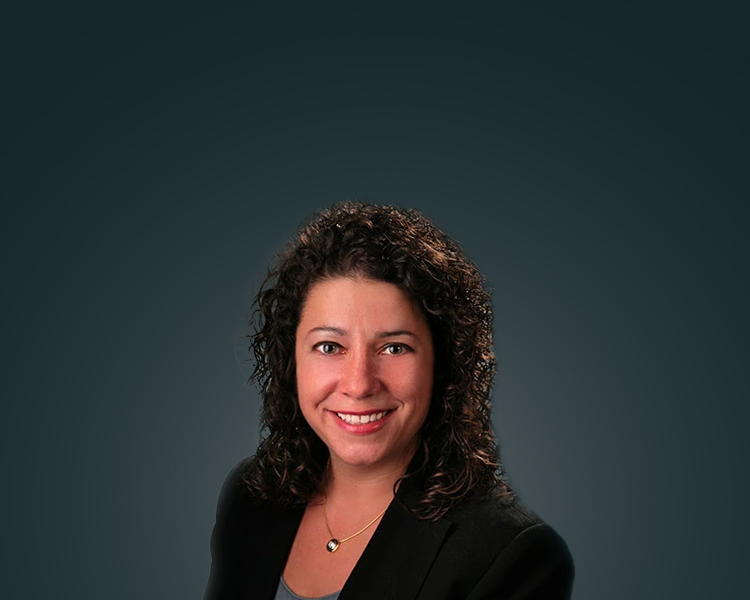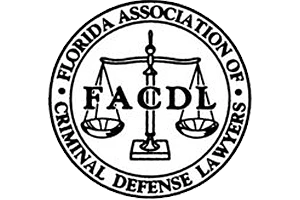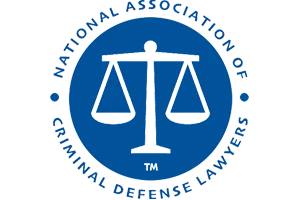Defending Your Rights
Juvenile Crimes
If your child gets arrested, his or her future is on the line. While the court system is designed to treat juveniles different than adults, penalties can be severe – for the parents and the child. Our Jacksonville Juvenile Attorney at The Mussallem Law Firm, P.A., knows the juvenile laws and will work to help minimize the long-term effects of your child’s mistake so he or she can learn from the experience and move on. Parents play a critical role in juvenile cases. They are required to be in court and are the ones on the hook for probation costs to monitor the child, and for restitution payments the judge may order for the victims in the case.
Florida law uses a point system to help guide the Department of Juvenile Justice in recommending where a child should be taken after an arrest. That recommendation is then passed onto the judge, who decides where the child will be housed while the case is ongoing.
Depending on the charge, juveniles can often be accepted to diversionary programs on their first arrest. That means, if certain conditions like community service are met, the charges could be dropped. Think of it as the early version of probation. The Jacksonville Juvenile Attorney at The Mussallem Law Firm, P.A., can discuss those programs with you.
Juveniles can be arrested just like adults – the only difference is they’re taken to a special youth jail. They can be charged with any crime – from DUI and drug offenses to sex crimes and gun crimes. If the case is particularly serious, the state may chose to treat the child as adult, where he or she would face adult penalties. This process is called a “direct file,” and that decision lies solely with the State Attorney’s Office.
If a child is convicted of a crime, the judge can either chose not to levy any punishment, place the juvenile on probation, or put him or her in one of several levels of detention.
Those levels are:
- Minimum Risk Non-Residential: These programs are designed to work with the child, who is able to continue to attend school or work during the program. Children must attend the program five days a week. These children are deemed to pose little to no risk to the community, based on their offenses. Juveniles convicted in gun crimes, 1st degree felonies, life felonies or sex crimes are not eligible for this program.
- Low Risk Residential: These residential programs provide education and treatment in a campus-style environment in which participants still have full access to the community. Children in this program also present a low risk to themselves and the community. As with the first program, juveniles are not eligible if they committed a gun crime, a 1st degree felony, and life felony or a sex crime.
- Moderate Risk Residential: In these locked facilities, juveniles are supervised 24 hours a day and the youth are allowed some supervised release. Education and treatment are both provided in the building. Handcuffs can be used to restrain juveniles in these facilities.
- High Risk Residential: Children in these facilities have no access to community. But, if the child has completed the program, he or she will be allowed in the last days of confinement to visit his or her home, enroll in school or go to a job interview.
- Maximum Risk Residential: These programs are essentially prisons for juveniles. Inmates have no access to the community in these long-term residential facilities.









